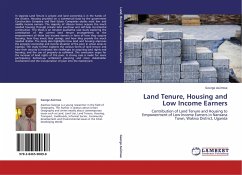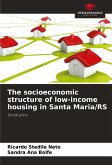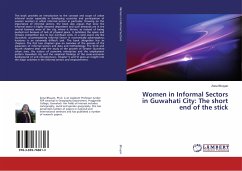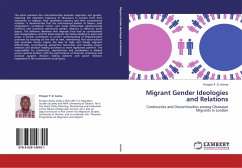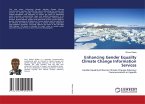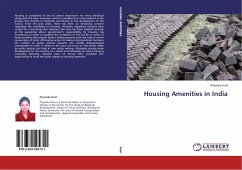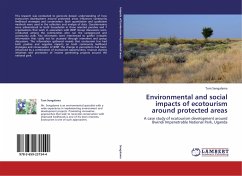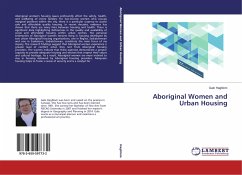In Uganda Land Tenure is private and land ownership is in the hands of the citizens. Housing provided on a commercial basis by the government Construction Company and Real Estate Companies eludes most low and middle income earners. The majority of citizens hence acquire the much needed housing through private land purchase and self-help incremental construction. This thesis is an iterative qualitative case study exploring the contribution of the current land tenure arrangements to the empowerment of these low income earners in form of how they acquire housing, how they invest their savings, and how they provide the much needed shelter. The study also highlights how land and housing improves the property ownership and income situation of the poor in urban areas in Uganda. The study further explores the various forms of land tenure and how their security is increased; the challenges to acquiring land rights and housing; and the use of property as collateral. The conclusion urges for the increase of land rights of the poor. A strong case is made for more participatory bottom-up settlement planning and more stakeholder involvement and the incorporation of poor into the mainstream.
Bitte wählen Sie Ihr Anliegen aus.
Rechnungen
Retourenschein anfordern
Bestellstatus
Storno

